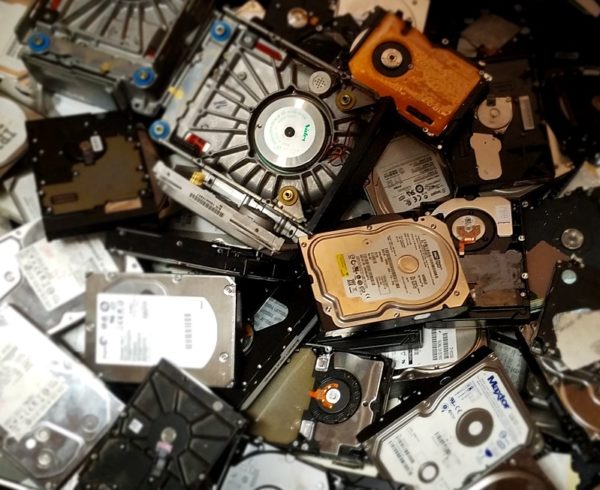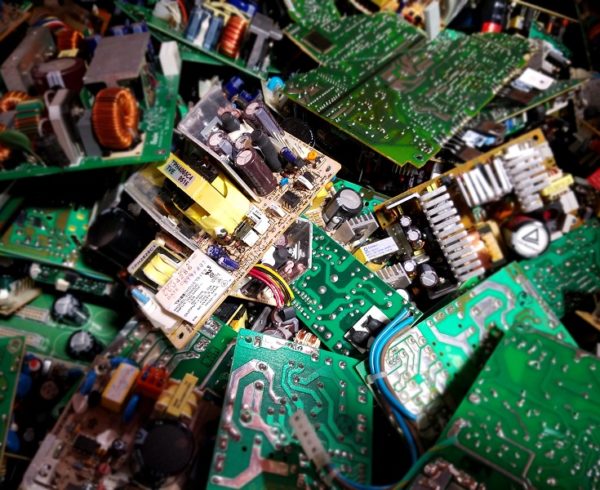Electronics recycling has far reaching effect on our economy and environment as a whole. E-waste is comprised of metals, plastics, and toxic substances that can be reused at a significant savings in energy consumption. The average recycled computer contains copper, aluminum, steel, zinc, lead, and plastic. To put the savings in perspective, the following list illustrated the net energy savings of recycling versus virgin production.
Energy savings when metal is recycled vs virgin:
Aluminum – 95%
Copper – 85%
Lead – 60%
Steel – 62 – 74%
Zinc – 60%
Couple this with the fact that 10% of the U.S. oil supply goes to the manufacture of virgin plastics, you can see the potential that computer recycling, monitor recycling, and electronics recycling holds. The advantages are environmentally ethical and economically sound for consumers and businesses alike.





